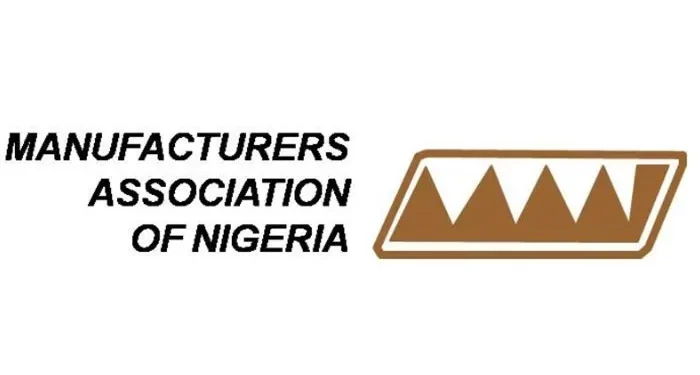The Manufacturers Association of Nigeria (MAN) has urged the federal government to halt the reintroduction of a four per cent Free-on-Board (FOB) charge on imports by the Nigeria Customs Service (NCS), effective August 4, 2025.
MAN argued that the charge would increase manufacturers’ costs, fuel inflation, and undermine the government’s efforts to promote economic growth and development.
The director-general of MAN, Segun Ajayi-Kadir, said, “According to reports, the regime of one per cent Comprehensive Import Supervision Scheme (CISS) and the seven per cent cost of collection fee ends with the introduction of a single four per cent FOB charge.”
He noted that “this came as a surprise, as the charge was commendably suspended by the federal government, following the overwhelming condemnation of the charge by virtually all stakeholders, who rightly opined that it was ill-timed and would undoubtedly lead to an instant escalation of the cost of imports.
“Manufacturers were genuinely concerned that it would lead to a significant increase in the cost of raw materials, machine and spare parts that are not available locally and therefore have to be imported.”
MAN DG noted that “MAN supports the government’s efforts to streamline trade processes, reduce the cost of doing business at the port, and enhance fiscal transparency.
“This is because it resonates with the kernel of the Association’s advocacy for a transparent, efficient and friendlier trade facilitation ecosystem that is more service-centric than revenue-driven. We are, however, concerned that the prevailing situation is achieving the exact opposite of these progressive ideals.”
He disclosed that the sudden re-commencement of the FOB charge made MAN to conduct a rapid technical assessment to reconfirm the concerns of manufacturers and ascertain the implications of the charge on the sector.
“The outcomes show disquieting revelations that portend severe implications for the manufacturing sector. MAN is therefore constrained to list the major outcomes, which form the basis for our continued objection and appeal for a cessation of implementation of the four per cent FOB Charge by the NCS.”
He pointed out that “for high-value imports such as raw materials and machinery, this will result in a significant net increase in cost and exacerbates the financial burden on manufacturers.
“In fact, costs associated with the four per cent FOB charge will generally increase the import cost of raw materials not available locally above the N6.6 trillion recorded in 2024. Clearly, the cost will be passed on to consumers, and this will fuel inflation, which already stands at 21.88 per cent as of July 2025, and undermine the prevailing struggle with high inflation.”
According to him, the Nigerian manufacturing sector is already contending with a high exchange rate of over N1540 per dollar, an exorbitant alternative energy cost burden of over N1.1 trillion as of 2024 and an alarming average interest rate of above 35 per cent.
“Therefore, introducing a blanket four per cent FOB charge on the value of imports under the prevailing tough economic conditions is not industry-friendly and certainly not development-oriented.”
He also noted that the introduction of the FOB charge with its attendant consequence, as listed above, runs against the objectives of the relevant pillars of the Renewed Hope Agenda of Government, the National Development Plan 2021-2025, current industrial revolution initiatives and trade policy frameworks, saying that “all these efforts of the government seek to reduce the costs of local production, deepen domestic value chains addition and economic diversification. The reintroduction of this charge is antithetical to the expected outcomes of these laudable government initiatives.”
MAN called for a well-structured engagement with relevant stakeholders, including MAN and other organised private sector groups and stakeholders, for regular dialogue on trade facilitation and customs-related issues.
The Association added that the government should prioritise trade facilitation over revenue generation and exemplify the often-voiced commitment to a thriving and buoyant manufacturing sector as a sustainable source of tax revenue for the Government, employment, and wealth creation for the nation.



